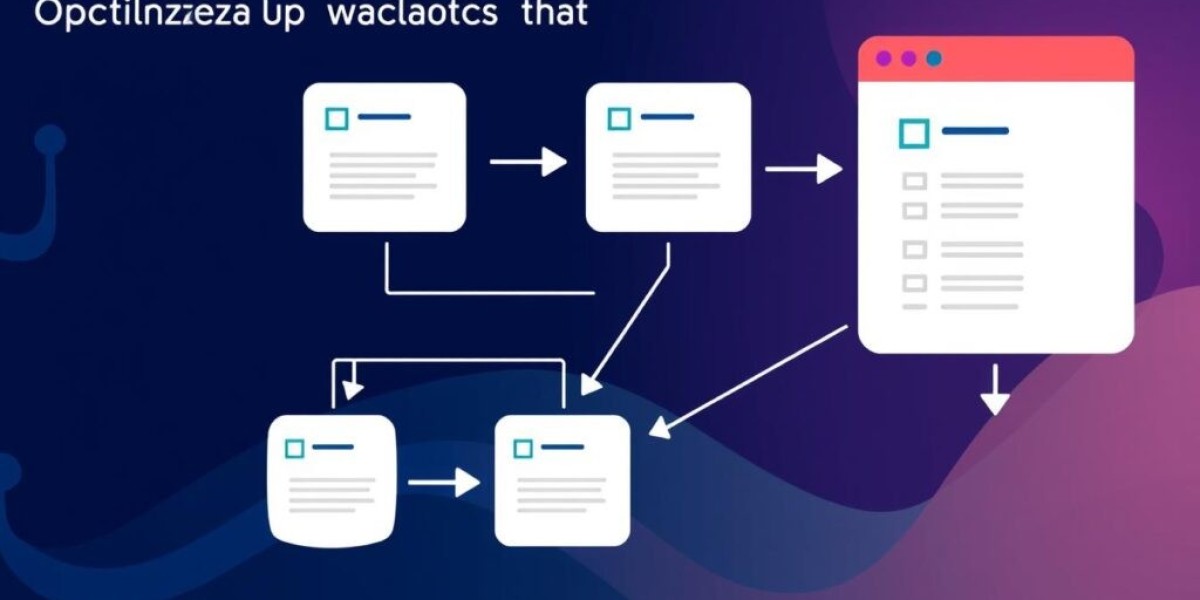Data Center Colocation: A Cost-Effective IT Solution
Data center colocation has become a crucial solution for businesses seeking reliable IT infrastructure without the expense of building private data centers. By renting space in third-party facilities, companies benefit from advanced security, power redundancy, and high-speed connectivity. This approach allows businesses to focus on growth while ensuring their IT assets are in a controlled and optimized environment.
Scalability and Flexibility for Growing Businesses
One of the primary advantages of colocation is scalability. Businesses can expand their server capacity without investing in costly infrastructure upgrades. Whether a company needs additional bandwidth, power, or space, colocation providers offer flexible options to meet growing demands. This flexibility ensures that businesses can scale efficiently without operational disruptions.
Enhanced Security and Compliance Standards
Security is a major concern in IT infrastructure, and colocation facilities are equipped with advanced security protocols, including biometric access, 24/7 surveillance, and fire suppression systems. These centers comply with industry regulations such as HIPAA, SOC 2, and ISO 27001, ensuring that sensitive data is protected against cyber threats and unauthorized access.
Reliable Connectivity and Reduced Latency
Colocation data centers provide access to multiple internet service providers (ISPs), ensuring optimal network performance and minimal downtime. With direct connections to major cloud providers and content delivery networks (CDNs), businesses can experience reduced latency and improved reliability. This is especially beneficial for organizations handling large volumes of data or running mission-critical applications.
Cost Savings and Operational Efficiency
Instead of managing an in-house data center with high operational costs, businesses can significantly reduce expenses by colocating their servers. These savings stem from shared power, cooling, and maintenance costs. Additionally, companies avoid large capital expenditures while benefiting from enterprise-grade infrastructure.
Disaster Recovery and Business Continuity
Data center colocation plays a vital role in disaster recovery planning. Facilities are equipped with redundant power sources, backup generators, and failover systems, ensuring uninterrupted operations even during unexpected outages. By colocating critical IT assets, businesses enhance resilience and minimize the risk of data loss.
The Future of Data Center Colocation
With increasing demands for cloud computing, edge computing, and AI-driven applications, colocation services continue to evolve. Future trends include green data centers using renewable energy, AI-powered infrastructure monitoring, and enhanced cybersecurity measures. Businesses adopting colocation gain a competitive edge by leveraging cutting-edge technology and sustainable solutions.
Read More - https://www.marketresearchfuture.com/reports/data-center-colocation-market-4005
Conclusion
Data center colocation offers businesses a scalable, secure, and cost-effective solution for IT infrastructure management. By leveraging colocation services, organizations can ensure high performance, data security, and business continuity while reducing operational complexities. As technology advances, colocation remains a strategic choice for companies seeking reliable and future-proof IT solutions.





